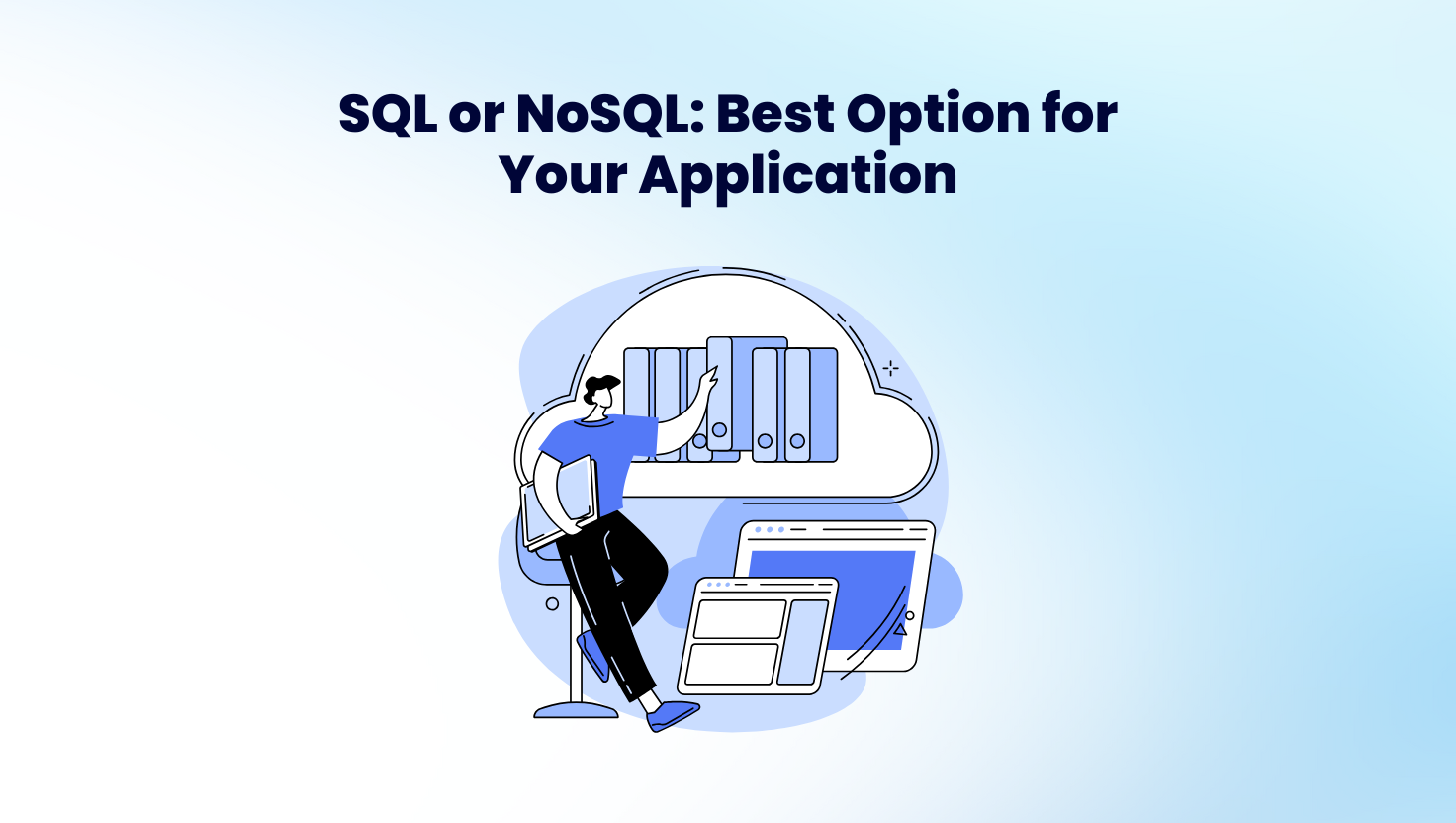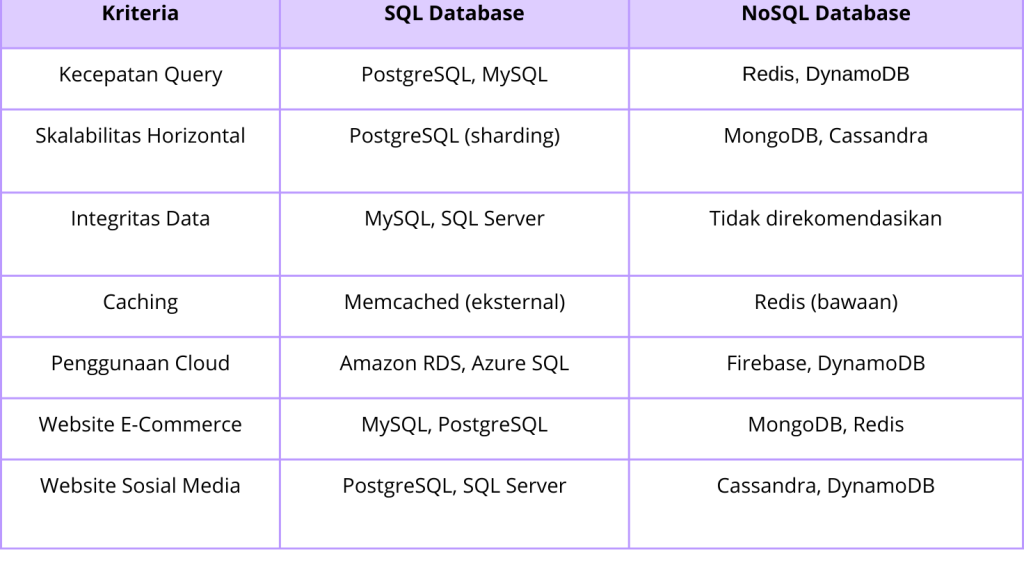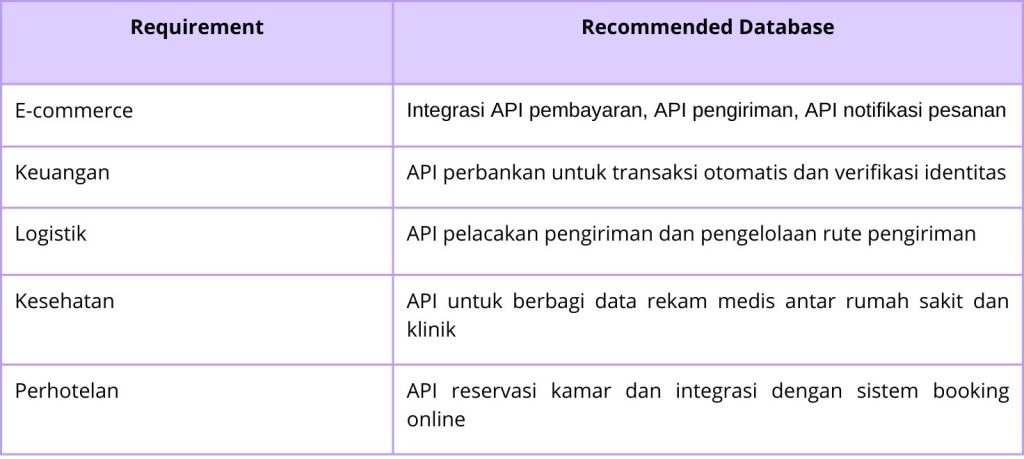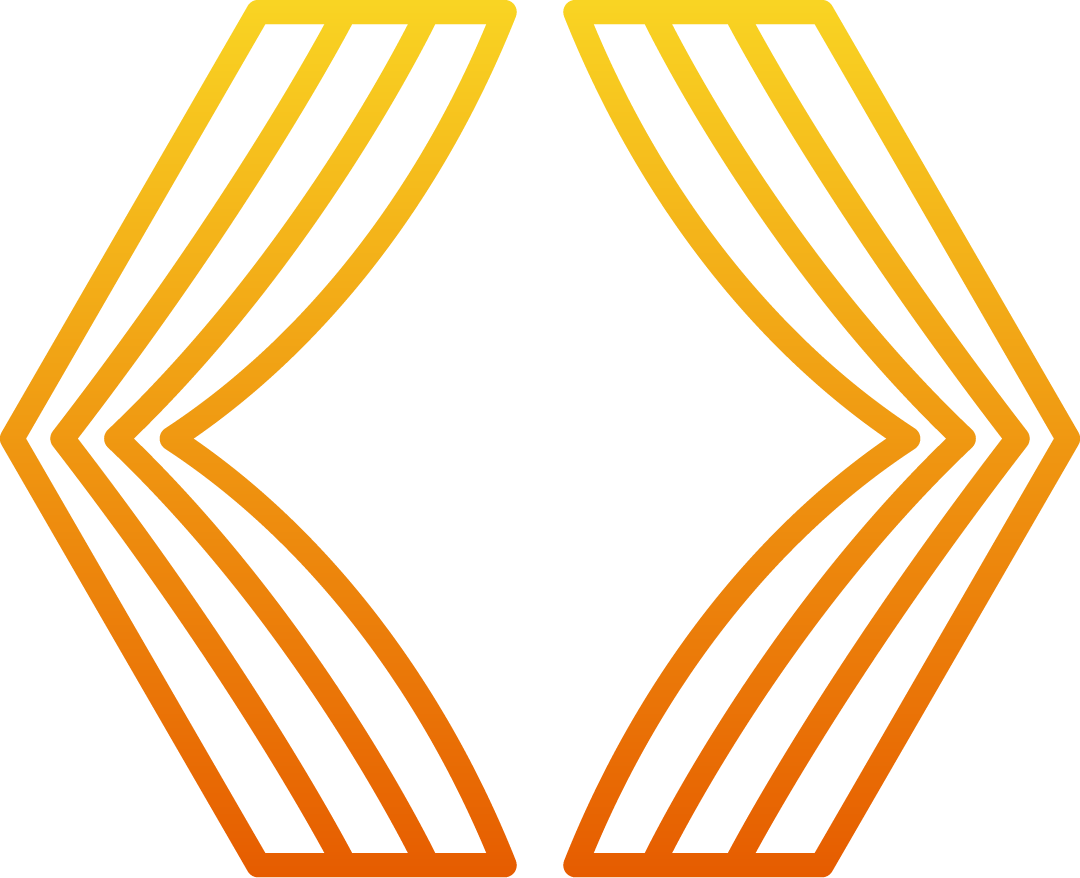
05 Mar SQL or NoSQL: Choosing the Best Option for Your Application
Choosing the right database is a crucial decision in software development. Whether you’re developing a web application, mobile app, or enterprise system, your choice between SQL (Structured Query Language) and NoSQL (Not Only SQL) can significantly impact your application’s performance, scalability, and data management.
Both SQL and NoSQL databases offer unique advantages, and the best option depends on your project’s specific requirements. In this article, we will explore what SQL and NoSQL databases are, their key differences, use cases, advantages, and how to choose the best one for your business.
1. What Are SQL and NoSQL Databases?
Before diving into the differences, it’s essential to understand what SQL and NoSQL databases are and how they function.
What Is SQL?
SQL databases are relational databases that store data in a structured format using tables, rows, and columns. They enforce strict relationships between data and use structured query language (SQL) to retrieve and manipulate data. These databases are highly reliable, consistent, and well-suited for transactional applications.
Common SQL Databases:
- MySQL – One of the most popular open-source relational databases, widely used in web applications.
- PostgreSQL – A powerful SQL database that supports complex queries and data integrity.
- Microsoft SQL Server – Designed for enterprise applications, providing high security and performance.
- Oracle Database – A robust and scalable database often used in large corporations and financial institutions.
What Is NoSQL?
NoSQL databases are non-relational and store data in flexible structures such as documents, key-value pairs, graphs, or wide-column stores. They are designed to handle large-scale data, high-speed transactions, and horizontal scalability.
Common NoSQL Databases:
- MongoDB – A document-based NoSQL database that stores data in JSON-like format.
- Redis – A high-performance key-value store, ideal for caching and real-time applications.
- Cassandra – A column-family database designed for distributed and highly scalable applications.
- Neo4j – A graph database that helps manage complex relationships between data points.
2. Key Differences Between SQL and NoSQL

Each type of database serves different needs. SQL databases are excellent for applications requiring structured, consistent data, while NoSQL databases are more flexible and scalable for handling massive amounts of unstructured data.
3. When to Use SQL Databases
SQL databases are the best choice for applications that require:
A. Structured Data And Consistency
If your application relies on structured data with predefined relationships, SQL databases are ideal. Examples include:
- E-commerce platforms (managing products, customers, and orders).
- Banking and financial systems (tracking transactions and account details).
- Enterprise Resource Planning (ERP) software (ensuring accurate and organized business processes).
B. Transactional Integrity (ACID Compliance)
Applications that require strict transaction control, such as:
- Healthcare systems (ensuring patient data consistency and security).
- Stock trading platforms (executing reliable financial transactions).
C. Advanced Query Capabilities
SQL databases provide robust querying capabilities for applications that need complex analytics and reporting.
4. When to Use NoSQL Databases
NoSQL databases are ideal for:
A. High Scalability and Performance
If your application requires handling large amounts of real-time data, NoSQL is the best option. Examples include:
- Social media platforms (storing and processing millions of interactions).
- Streaming services (efficiently delivering content with low latency).
- IoT applications (handling real-time sensor data).
B. Flexible and Unstructured Data
NoSQL databases are great for handling unstructured or semi-structured data in applications such as:
- AI and Machine Learning applications (storing diverse and evolving datasets).
- Big data analytics (processing user-generated content and large datasets).
C. Fast Read and Write Operations
For applications requiring high-speed performance, NoSQL databases provide low-latency data retrieval.
5. Hybrid Approach: Combining SQL and NoSQL
Some applications benefit from combining both SQL and NoSQL databases to optimize performance and flexibility.
Hybrid Use Cases:
- E-Commerce Applications – SQL for transactions, NoSQL for product recommendations.
- Healthcare Systems – SQL for patient records, NoSQL for IoT device monitoring.
- Financial Services – SQL for banking transactions, NoSQL for fraud detection.
A hybrid strategy ensures that applications remain scalable, efficient, and adaptable.
6. Choosing the Right Database for Your Business

If your business requires structured data management and high integrity, SQL is the best choice. If scalability and flexibility are priorities, NoSQL provides greater adaptability.
7. How PT. KDN Can Help with Database Implementation
Selecting the right database can be complex, but PT. KDN provides expert guidance in SQL and NoSQL implementations. Whether your business requires structured data management, high-speed transactions, or big data solutions, PT. KDN ensures optimal performance, security, and scalability.
Our team helps businesses:
- Design and implement SQL and NoSQL databases based on unique business needs.
- Optimize database performance for better efficiency and speed.
- Ensure data security and compliance to prevent data loss or breaches.
- Integrate cloud-based database solutions for seamless scalability.
With PT KDN, businesses can confidently manage and scale their database infrastructure without compromising efficiency or security.
Conclusion
The choice between SQL and NoSQL depends on your application’s needs:
- Use SQL if your application requires structured data, ACID compliance, and complex queries.
- Use NoSQL for scalability, high-speed processing, and flexible data structures.
- Consider a hybrid approach if your business benefits from both relational and non-relational databases.


Sorry, the comment form is closed at this time.